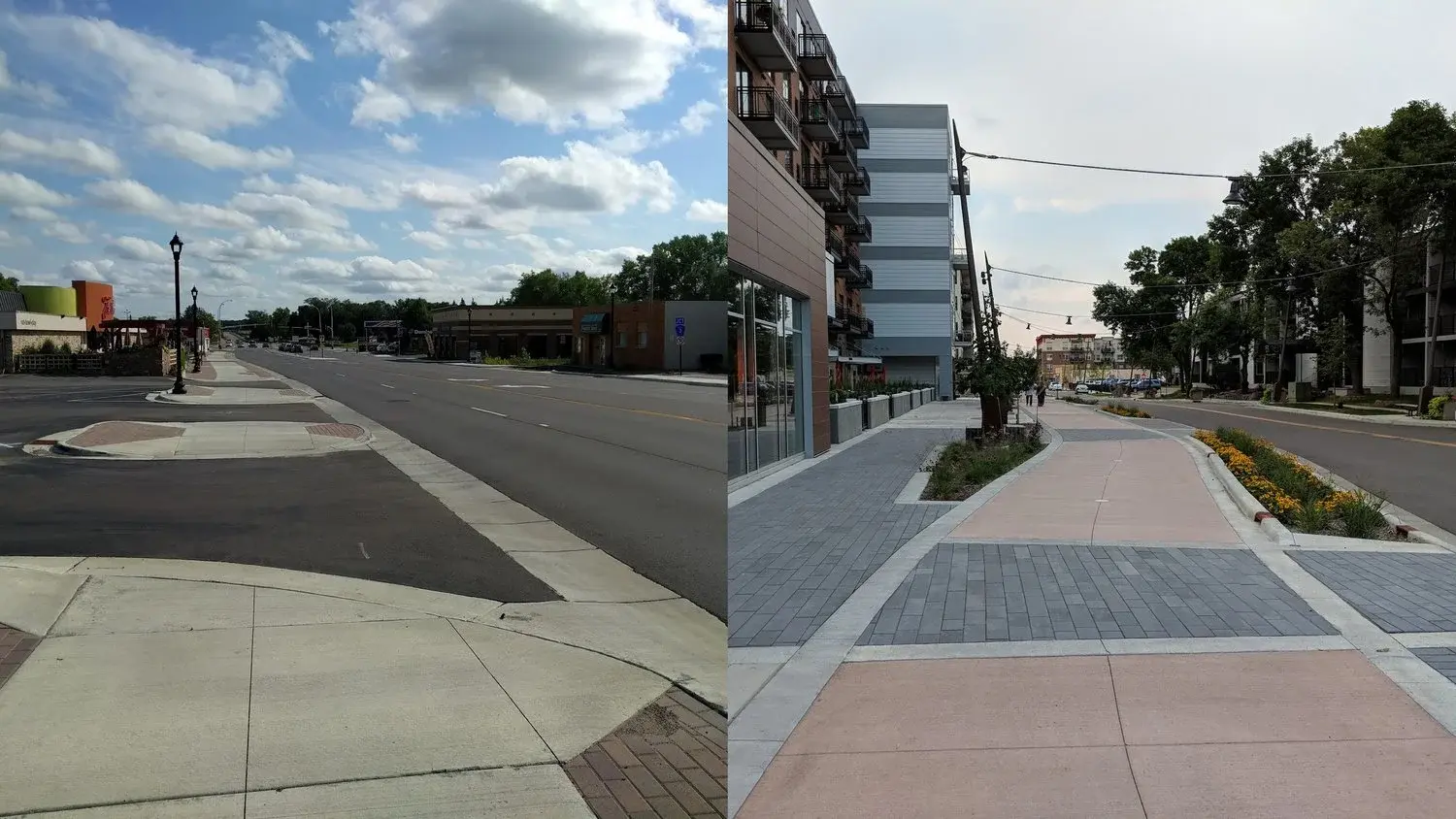- cross-posted to:
- technews@radiation.party
- cross-posted to:
- technews@radiation.party
Have you ever had a friend return from a vacation and gush about how great it was to walk in the place they’d visited? “You can walk everywhere! To a café, to the store. It was amazing!” Immediately after saying that, your friend hops in their car and drives across the parking lot to the Starbucks to which they could easily have walked.
Why does walking feel so intuitive when we’re in a city built before cars, yet as soon as we return home, walking feels like an unpleasant chore that immediately drives us into a car?



IMO the pedestrian infrastructure and presence of things to walk to matters far more. There’s a 4 lane road in my city that goes by the university area and it’s fine because that area was designed with walking in mind. The area is full of high rise apartments, countless restaurants, a world class university, a massive park, and has a nearby LRT. There’s even a pedestrian overpass.
Speaking of overpasses, I noticed really great underpasses when I visited Warsaw. They had some really large streets, but they weren’t an issue cause you could just go under the street (and that was also filled with shops). I found Warsaw to be a very walkable city and it was largely because of stuff like underpasses and simply things of interest being close by.
I had a similar experience visiting London but because of the Tube. London’s public transit is literally the best I’ve personally used. Despite being a foreigner, I was able to get to literally everywhere I wanted to go with ease. I only wish Canadian cities would emulate that instead of the States as they tend to do.
Seoul is great for both the subway and the underpasses! When I first went, I wondered why there was a shopping mall underneath every major intersection, ha!